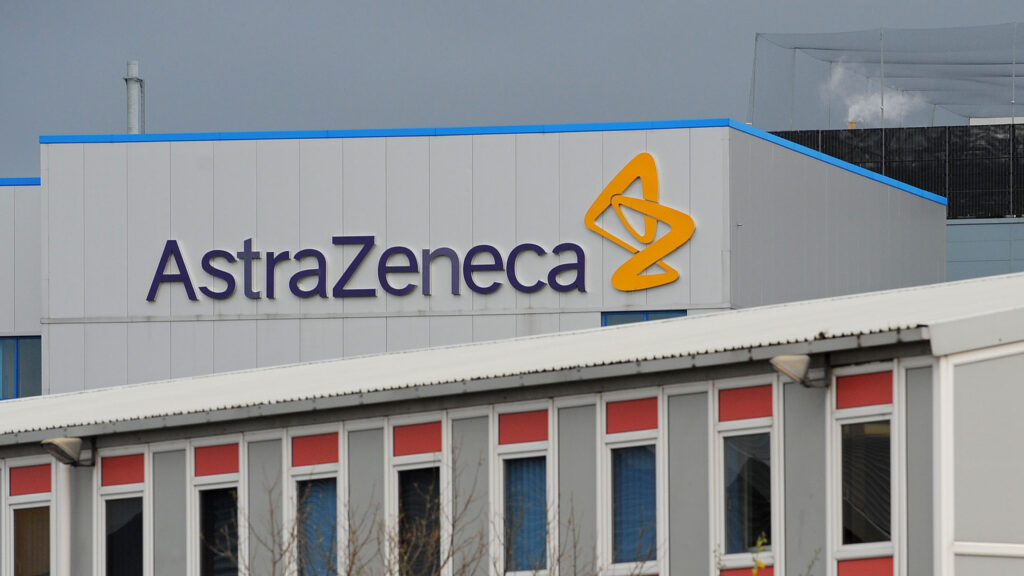Want to stay on top of the science and politics driving biotech today? Sign up to get our biotech newsletter in your inbox.
Morning! Hope you had a restful, tasty holiday. In today’s Readout, we discuss former FDA Commissioner Scott Gottlieb publicly speaking out against the nomination of Robert F. Kennedy Jr. for HHS secretary, we see there’s a massive talent gap in radiopharmaceuticals, and more.
advertisement
The need-to-know this morning
- Cytokinetics said the FDA accepted its application seeking approval for the heart disease drug aficamten. The FDA decision date is Sept. 26, and at this time, the agency has no plans to schedule an advisory committee meeting.
- Novartis is paying $1 billion upfront in a licensing deal for an experimental Huntington’s disease treatment from PTC Therapeutics, the companies said Monday.
Radiopharma needs way more talent
There’s been considerable interest in radiopharmaceuticals lately. These cutting-edge therapies use radioactive isotopes to precisely target cancer cells. But the field’s facing a severe talent shortage, both on the development side and also in the medical facilities that administer the treatments, STAT’s Allison DeAngelis reports. It takes specialized skills to administer these radioactive medicines, and relatively few professionals possess them.
“There’s now just a huge interest. And so we need, whilst these new drugs… come in, we need to expand the workforce to continue that work,” said one radiochemist at Memorial Sloan Kettering.
advertisement
Scott Gottlieb is not a fan of RFK, Jr.
Scott Gottlieb, who served as FDA commissioner during Trump’s first run as president, is not pleased with Robert F. Kennedy, Jr.’s nomination as secretary of health and human services. Specifically, he’s concerned with RFK Jr.’s anti-vaccine stance, and its potential impact on public health.
Appearing on CNBC, Gottlieb said that there is “skepticism in the Republican caucus [on RFK Jr.’s nomination], more than the press is reporting right now.” He added: “I’ve had conversations, and I’ve raised my concerns and I will continue to raise my concerns.”
Gottlieb warned that RFK Jr.’s policies could lead to a resurgence of preventable diseases like measles and polio, STAT’s Rachel Cohrs Zhang writes — concerns that were also expressed by former Surgeon General Jerome Adams.
A tumor-disrupting device improves pancreatic cancer survival
Novocure said its electrical field medical device extended median survival by just over two months compared to a standard treatment in a Phase 3 study of patients with locally advanced pancreatic cancer.
Statistically, the cancer device, known as Optune, reduced the risk of death by 18% — achieving the primary goal of the study, called PANOVA-3.
“PANOVA-3 is the first and only Phase 3 trial to demonstrate a statistically significant benefit in overall survival specifically in unresectable, locally advanced pancreatic cancer, and is Novocure’s third positive Phase 3 clinical trial in the last two years,” Novocure Chief Medical Officer Nicolas Leupin said in a statement.
The company intends to use the study results to seek regulatory approvals, it said.
“The study was a success, but a two-month survival benefit is not a home run,” said Anirban Maitra, a pancreatic cancer expert at the University of Texas MD Anderson Cancer Center.
Despite probe, China reimbursing AstraZeneca drug
The breast cancer drug Enhertu will be added to China’s national health insurance scheme beginning in the new year — despite the country’s ongoing probes into maker AstraZeneca’s alleged illegal sales practices and the detention of the company’s China president, Leon Wang.
While Beijing is demanding steep price cuts averaging 63% to be included on China’s reimbursement drug list, Bloomberg writes, drugmakers like AstraZeneca are trying to offset the lower prices with higher sales volumes in the world’s second-largest pharmaceutical market. Enhertu, an antibody-drug conjugate that targets the HER2 protein, generated $2.7 billion in global sales in the first three quarters of the year.
More reads
- A scientist’s final quest is to find new schizophrenia drugs. Will he live to see them? Wall Street Journal
- Applied Therapeutics stock plummets 73%. The FDA delivers this crushing blow, Barron’s

